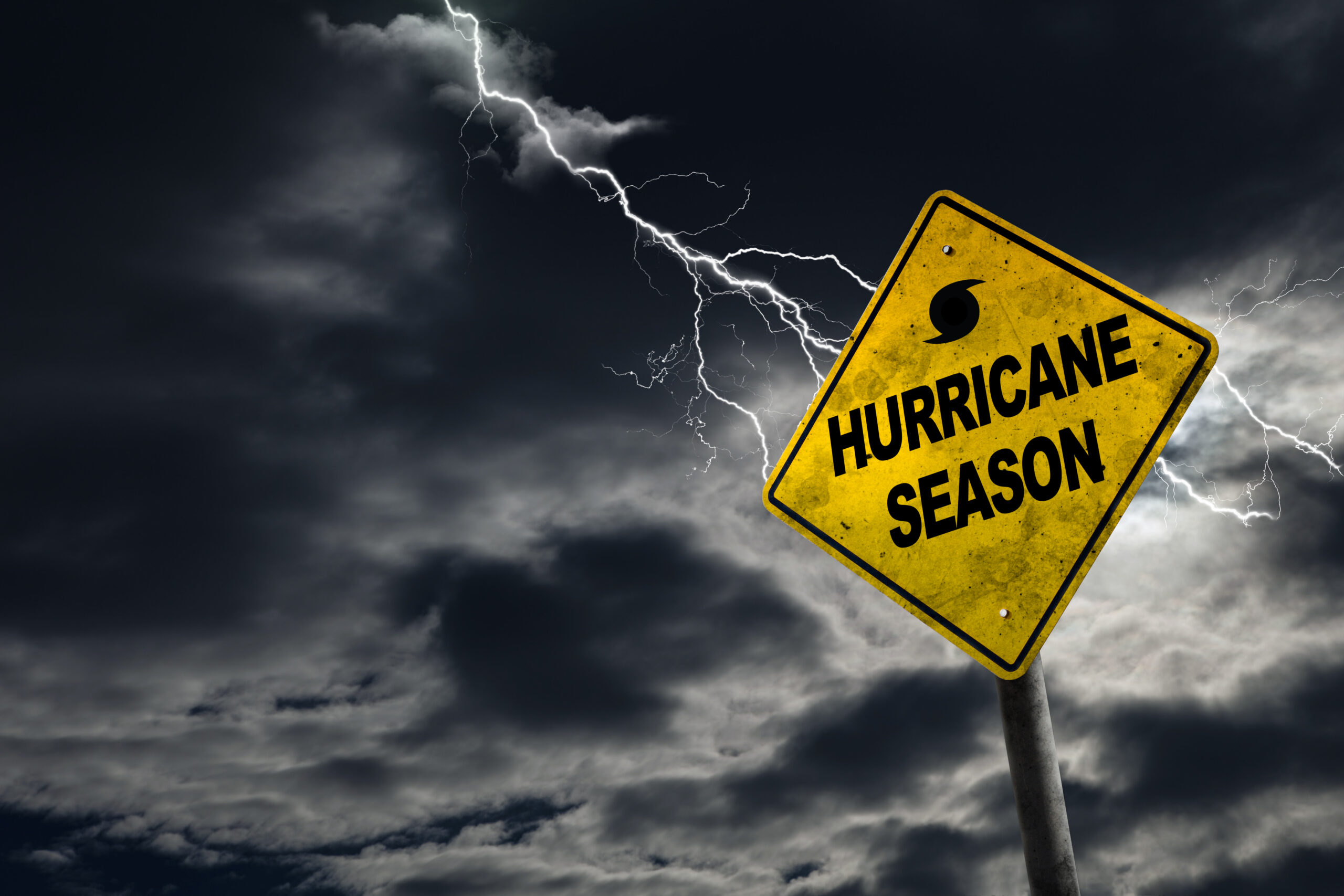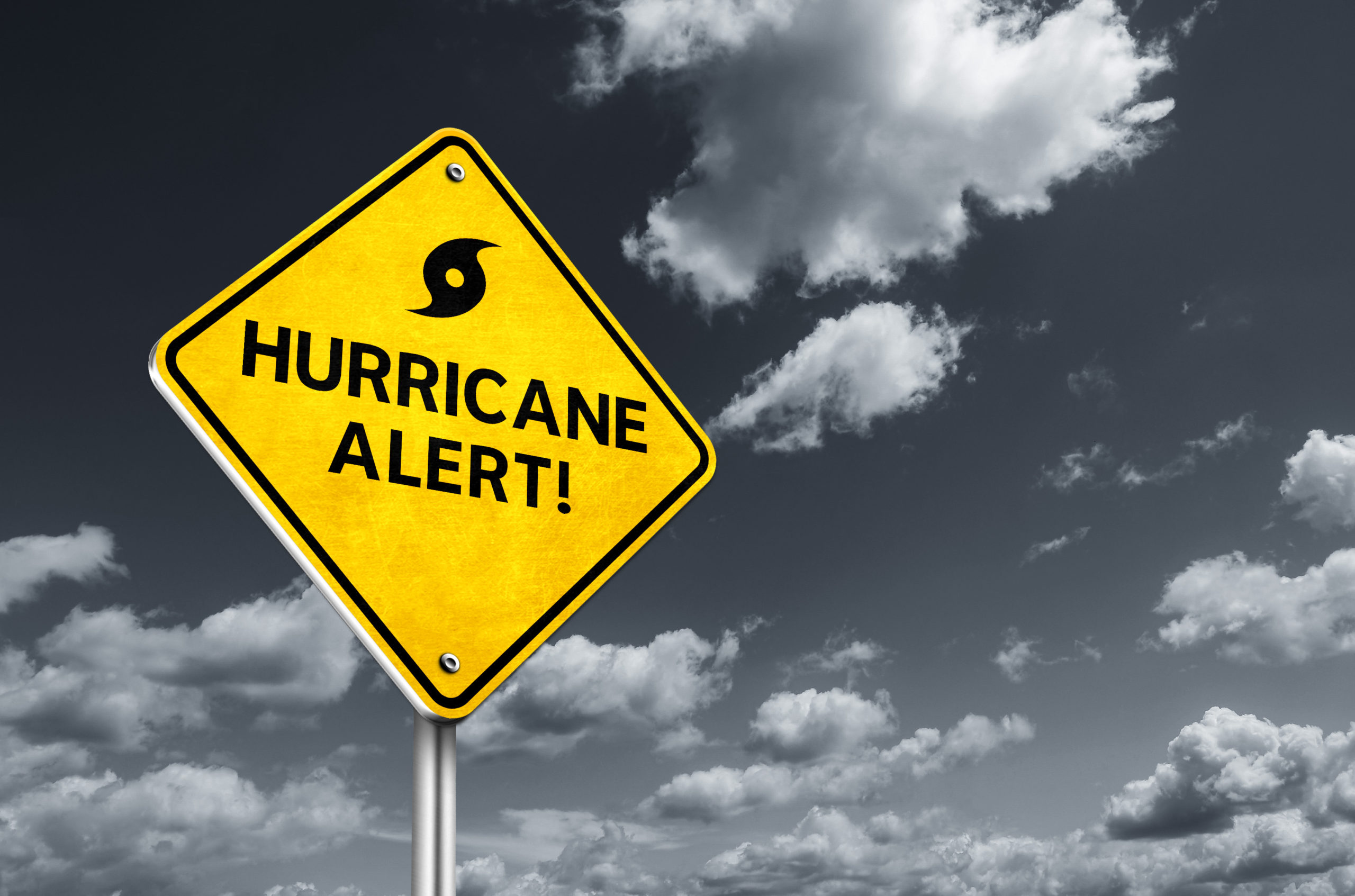
The Atlantic Hurricane Season runs from June 1 to November 30 with the peak season from mid-August to late October.
North Carolina’s coast is one of the nation’s most vulnerable areas to a direct hurricane strike because its coastline extends out into the ocean. All areas of the state – from coastal and sound counties to the mountains – have been impacted by hurricanes in the past 20 years. Heavy winds, tornadoes, strong thunderstorms, flooding, storm surge and landslides can all be caused by hurricanes causing tragic damage.
Hurricane Categories:
Tropical Depression – contains winds up to 39 miles per hour (mph).
Tropical Storm – 39 – 73 mph winds
Category 1 – 74 to 95 mph winds
Category 2 – 96 to 110 mph winds
Category 3 – 111 to 129 mph winds
Category 4 – 130 to 156 mph winds.
Category 5 – winds 157 mph or greater.
Know the terms:
- Hurricane Watch – hurricane conditions (sustained winds greater than 74 mph) are possible. Watches are usually issued 48 hours before the beginning of tropical-storm-force-winds.
- Hurricane Warning – hurricane conditions (sustained winds greater than 74 mph) are expected. Warnings are usually issued 36 hours before the beginning of tropical-storm-force-winds.
- Tropical Storm Warning – tropical storm conditions (sustained winds of 39 to 73 mph) are possible within 36 hours.
The National Weather Service, the North Carolina Department of Public Safety, and the South Carolina Emergency Management Division are teaming up to bring this hurricane safety campaign to all of North and South Carolina’s residents.
With warmer weather quickly approaching, now is the time to prepare for hurricane season. Each North & South Carolina resident should take a few moments this week to learn about hurricane safety and implement a hurricane safety plan to be better prepared when hurricanes threaten our area.
Visit here for additional National Weather Service Hurricane Preparedness information and material, as well as the SECART Hurricane Webinar Series of events taking place during May.
Check out the South Carolina Hurricane Guide webpage from SCEMD for localized info, evacuation routes, resources, and contacts.
Check out the Local Hurricane Guide for southeast North Carolina and northeast South Carolina and our Hurricanes 101 webinar recording for additional information on tropical cyclone hazards, forecasts, climatology, and more.
Check out the Ready NC website for even more guidance.
National Hurricane Preparedness Week is Monday, May 5 – Saturday, May 11 and South Carolina Hurricane Preparedness Month is May.

